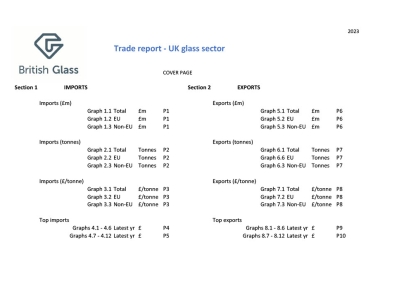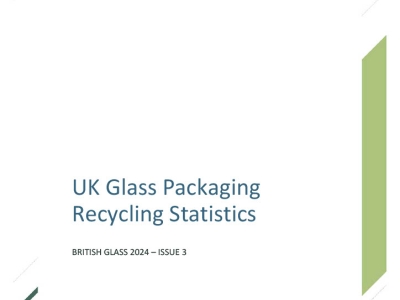
On 12 July 2016 British Glass welcomed delegates from around twenty of its members for a workshop that examined the specific impact of the EU regulations on glass and helped the sector to understand the action it needs to take.
The workshop was delivered in partnership with the REACH Centre - one of the leading international providers of regulatory guidance, scientific services, and industry training in the field of chemicals management and risk assessment.
The programme was created to give attendees the tools to better understand their sector and company obligations, the potential future impacts and the steps that they need to take to comply.
The phase-in of the EU REACH Regulations – implemented in the UK via the REACH Enforcement Regulations 2008 – is ongoing. With the last registration deadline in June 2018, glass companies need to take action now.
The regulations make industry responsible for assessing and managing the risks posed by chemicals, and for providing appropriate safety information to their users. It is the most significant piece of legislation on control and management of chemicals since the Dangerous Substances Directive in 1967.
Mark Pudner, British Glass technical adviser explains:
"Ultimately REACH should streamline and improve the legislative framework on chemicals, while allowing free movement of substances on the EU market. The BREXIT vote makes little difference – any changes are likely to take around two years to implement – and even if the REACH regulations are replaced in UK law, companies trading with the EU will still need to be compliant. That’s why glass supply chain companies urgently need to grasp the implications for their business. The 2018 deadline affects companies manufacturing or importing more than 1 tonne a year of any substance – and glass manufacturers need to inform such suppliers of how they use specific substances one year before that 2018 registration deadline. Manufacturers could find that substances they rely on may no longer be available if a supplier chooses not to register them."
The consequences of not complying with REACH regulations are serious - with heavy fines and even imprisonment possible.
Geoff Crutchley of AllGlass, one of the workshop delegates, said:
"I am so pleased this subject is being highlighted as an area of importance by British Glass. Many companies still haven’t registered their chemicals and it’s extremely important for both individual companies and the industry as a whole that they do so as that deadline grows closer."
The workshop gave delegates real and theoretical examples to probe understanding and demonstrate some of the challenges that REACH regulations pose to supply chains.
Jacqui Williams of PPG Industries said:
"I really enjoyed the day – it was great to work on exercises together with others from the industry - we could really bounce off each other and learn from each other’s experience and knowledge."
Companies that weren’t able to attend this workshop can find out more about REACH on the British Glass website and enquire about future workshops by emailing training@britglass.co.uk


